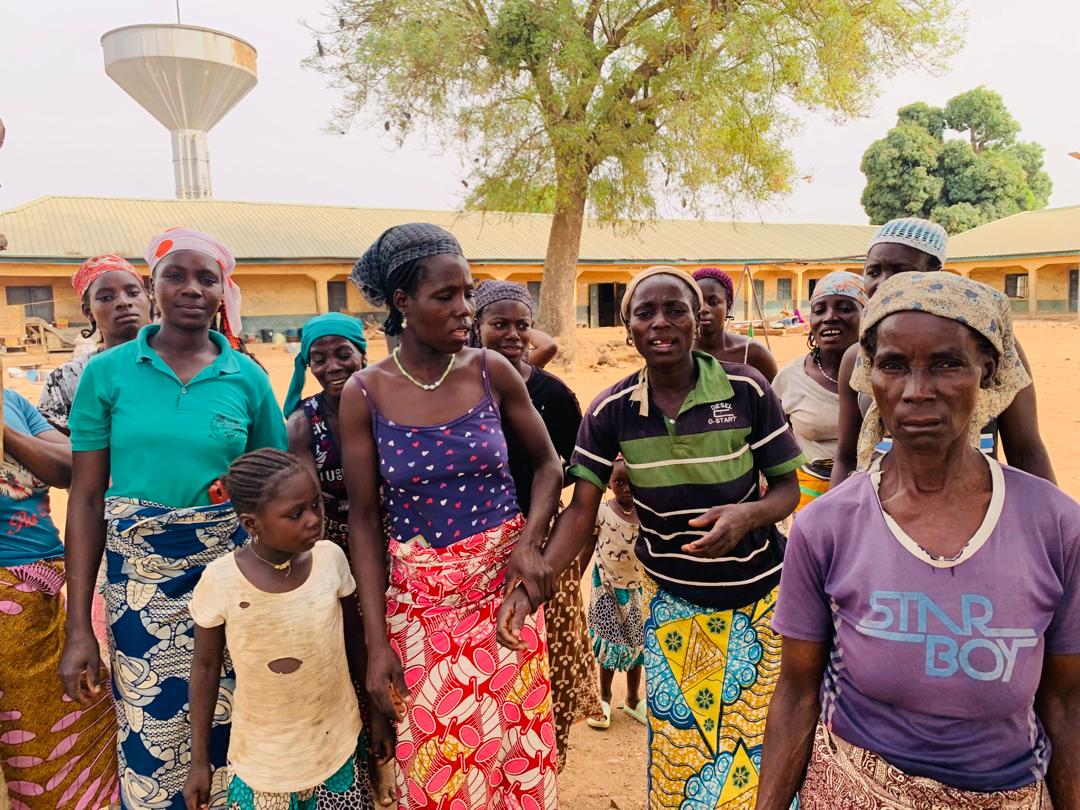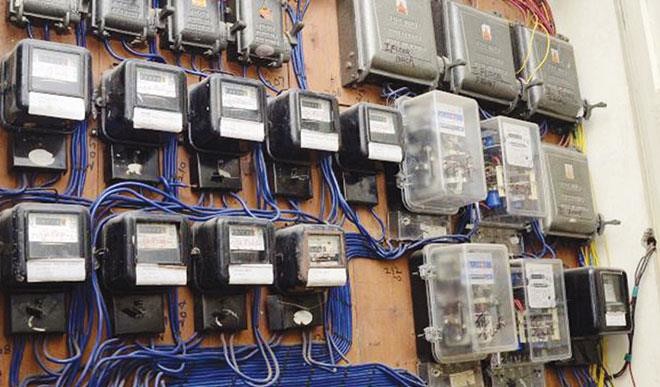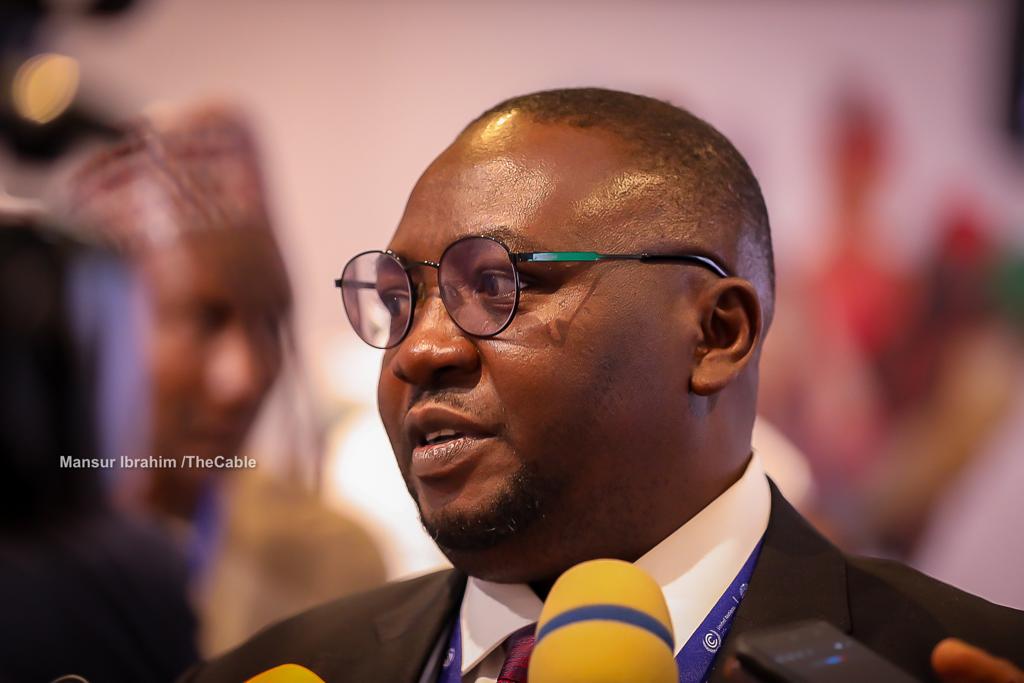Charles Esimone, vice-chancellor of the Nnamdi Azikiwe University (UNIZIK), will end his tenure in June. During his five-year reign, Esimone, who became a professor of pharmaceutical microbiology at the age of 37, introduced several measures to revitalise the institution to make it competitive.
In this interview with TheCable’s SAMUEL AKPAN, the vice-chancellor shared some insights on the challenges facing the nation’s universities, including strikes, insufficient funding, and bureaucracy. He also provided solutions to the myriad of challenges.
TheCable: By June, you will complete your five-year tenure in office. Since your appointment in 2019, what have you done differently from your predecessor?
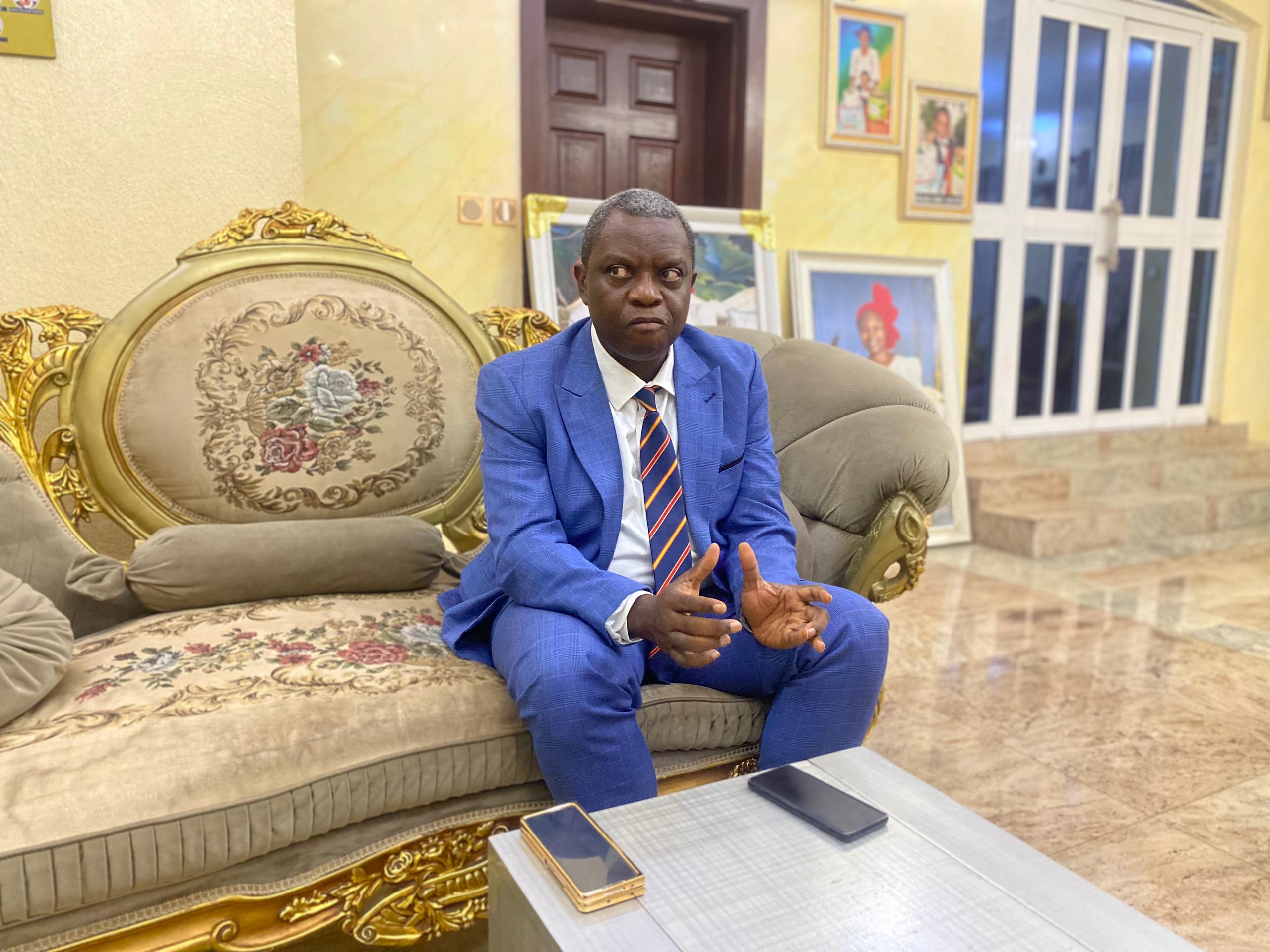
Esimone: I started my administration with a clear vision — what I describe as Project 200. Project 200 is our vision to put Nnamdi Azikiwe University among the best 200 universities in the world, 10 in Africa, and number one in Nigeria. That vision had five major pillars described with the acronym of ACADA: academic excellence, community service, administrative exploits, discipline, and advancement. These five ACADA pillars were the things that revolutionised what we have done and that made us do things slightly different from what my predecessors have done. The vision was crafted with the notion of looking at the gaps and what we needed to do to take us to where we ought to be as a university.
Advertisement
In terms of academic excellence, we did things completely differently. Of course, if you look at the overall ranking of the university now, it is very clear that the ACADA pillars of Project 200 have helped us. When I started as vice-chancellor in 2019, our overall ranking was 4,927. But as we speak, even though we encountered two years of losses attributable to COVID and industry strikes, our current world ranking is below 1,500 from 4,297. As we look at our ranking in terms of universities that are not up to 50 years old, we are even below 500 ranking on the world stage. That is a very great feat. In 2023, we were number 31 in sub-Saharan Africa. Of course, in Nigeria, we have been fluctuating, depending on the ranking houses. We were ranked number 4 in Nigeria, but we have been oscillating between number 10. That is far from our ranking by the time I came on board. We were around 31. The five pillars of Project 200 have placed us very high.
I also try to look at how people deliver lectures. That is why we embrace ICT as a viable tool for lecture delivery. As we speak, it is almost impossible right now for you to go to a lecture hall and then people are dictating notes. We are using PowerPoint, and it is compulsory more or less. ICT and online modes of teaching and lecture delivery have been entrenched very consciously in the system. By the time I came on board, the bandwidth that we were using in the entire university was just less than 10 megabytes. Internet was not common. I started by procuring three STM-1s so you don’t have any excuse why you cannot do digital teaching or research. As we speak now, we have moved from three to six to make sure that internet connectivity is everywhere in faculties and departments.
TheCable: How would you describe the standard of education in the country?
Advertisement
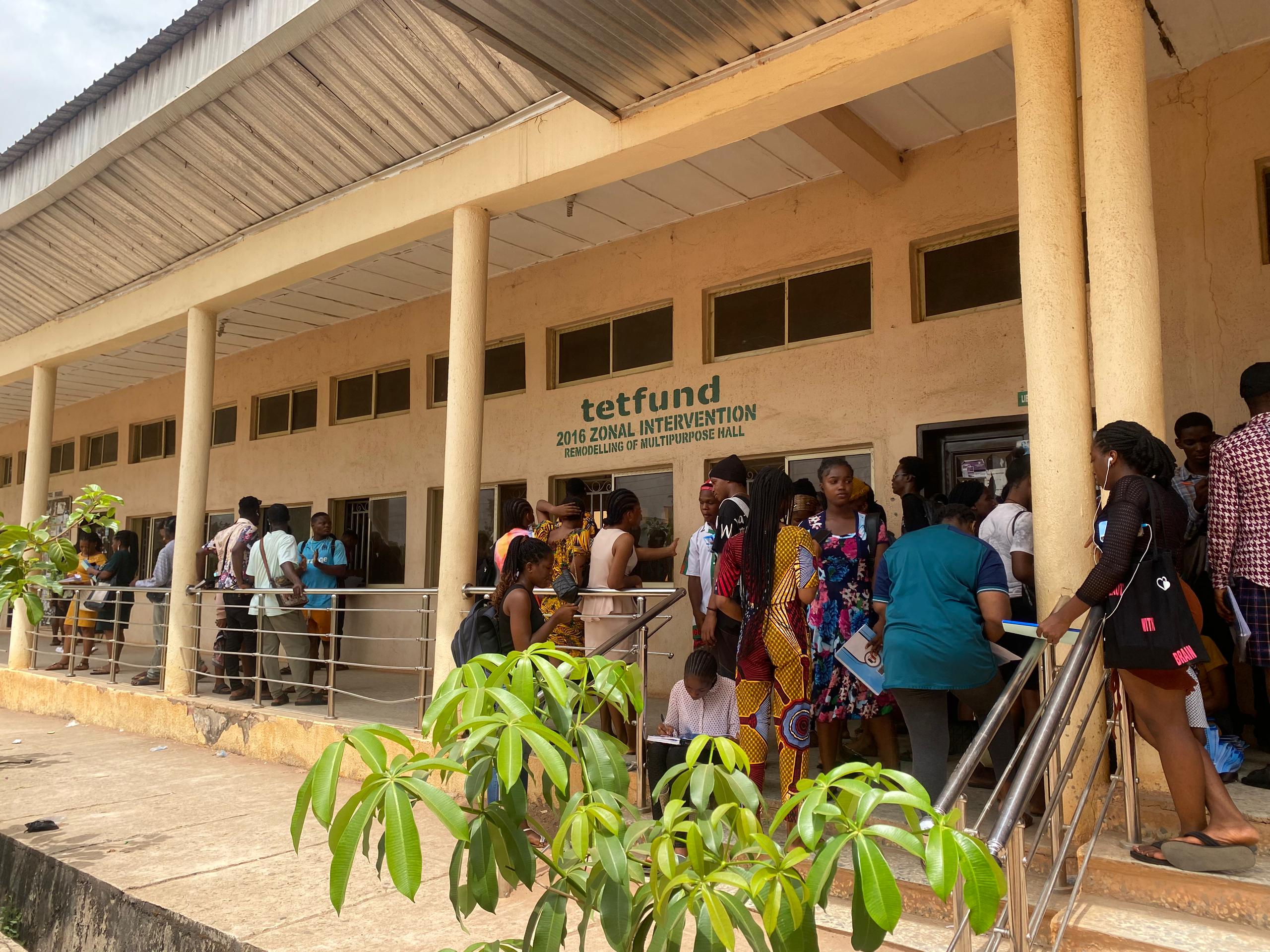
Esimone: Generally, the standard is sub-optimal. It is below optimal standard. It is a great course of concern for those of us who are proprietors or who are executives in the university system. There are a couple of factors responsible for that. All over the world where you have funding dedicated to the educational sector in terms of budgetary allocation, it is a signal that there is a deliberate commitment to enhance, improve and allow education to be at its optimum and to contribute to the national development of the nation. When you look at the budget of a nation and you see the percentage that is allocated to education, you can know where the priority is.
Unfortunately, we fall even below the UNESCO-required minimum for education funding. But I am happy and impressed that the current government under his excellency, Bola Tinubu, is deliberately enhancing that. We are also happy that the minister of education who himself had been a vice-chancellor is making very strong efforts. There is a significant improvement in funding for education. If you have policies that are not backed by funding, it will only be verbal. If the funds are there and the policies are sound, those two things when they go together, you will see consistent improvement in the sector.
TheCable: One of the things that have affected the standard of education is constant strikes because they disrupt the academic calendar. People have argued that ASUU should look for other ways instead of deploying strikes to get government attention. Do you agree?
Esimone: Unfortunately, no, in Nigeria. It is a thing of context. This is my personal opinion. I believe if you want to make suggestions like you find in other climes, there are many other ways to sort out this. One way is to get private sector involvement. The unions can decide to appeal to the private sector. Private people like Dangote, Tony Elumelu, and others can just endow big money to universities. That is how Harvard, Oxford, all of them survive. They don’t get specific government grants. They have all these endowments that are coming. The alumni base also helps them to get big funding. But why I said it is unfortunate in Nigeria is that if we are talking about the government’s intervention, if you want to get the government to do something, usually, it can only come through strike.
Advertisement
But my difference with how the strike goes is that the strike should not be punitive so to speak. The strike should be to make a statement for people, the public and the world to see, like what the SSANU, NASU people are doing right now. They do a one-week warning strike to make a statement and then go back to work. Because ideally, if you don’t work, you shouldn’t be paid. I totally agree with that. No work, no pay. So, you do strike to sensitise, to let the government know that they promised this, they have not done it; we are warning you. Three days, a maximum of one week or five days, you go back to work.
But to shut down the system for months, I am not in support of that. You can see anytime we shut it down like that, by the time they recover from the effect of that inactivity, that skirmishes, we take another two years to recover and then we go back again. So, whatever gains you get after that, if we do an empirical evaluation, the losses will outweigh the gains. That is the truth, but people have not sat down to look at it. You have to look at it holistically. Not just impact on the students, but even on the staff. Nobody is fully immune to the effects. So, if you are doing real business, if you are doing real empirical analysis of the effect, you will see that it is not advisable. To shut down totally for months, for years. No, never. It has not really solved the problem.
TheCable: What do you recommend as the solution to the funding issue of Nigerian universities?

Esimone: There are three or four models from my experience as vice-chancellor for five years. But the fundamental one that we must not neglect is alumni. We have not harnessed the potential of alumni. It is very fundamental but it is mostly neglected. It should be a policy. The government can even drive that policy and form a special unit to sensitise alumni of universities and make them committed to their alma mater.
Advertisement
I have been to many universities where they present their budget and I see some of them, big universities with about 55 to 60% external funding coming from alumni and others. So, that is major funding that we have neglected. That has to be entrenched and it has to also change the culture of the university. That means the staff or the management should be student-friendly. That is part of the administrative reforms we are doing.
We used to do central matriculation, and I decentralised it. I said faculties, do your matriculation. Since I came, the faculty has handled it. They read the VC’s speech, the dean and the HODs. So, the parents from the beginning identify with the faculties. They see you bare, raw, your challenges and problems. They associate with it from the beginning because it is not ephemeral. It is that bonding that helps when these people graduate and they are going to come back and give. That culture needs to be entrenched so people don’t extort students; they don’t abuse students; they need to love them like a parent will love his or her children and know their personal needs. We have also put up more mentorship groups. So, if you have a problem, the faculties, and departments can come to your aid.
Advertisement
I will also talk about corporate funding. Universities all over the world solve problems for corporate bodies. Universities should be able to come up with solutions for whether it is the banking sector, or manufacturing sector so that we can have relationships where they benefit and make endowments. I did my post-doctoral research in Germany; that is how they do it. They have industry partnerships. Universities are seeking what problems they have and are trying to solve them as part of the research they are doing in every area. So, in turn, they give funds.
TheCable: What is your take on TETFund intervention in the area of research for scholars?
Advertisement
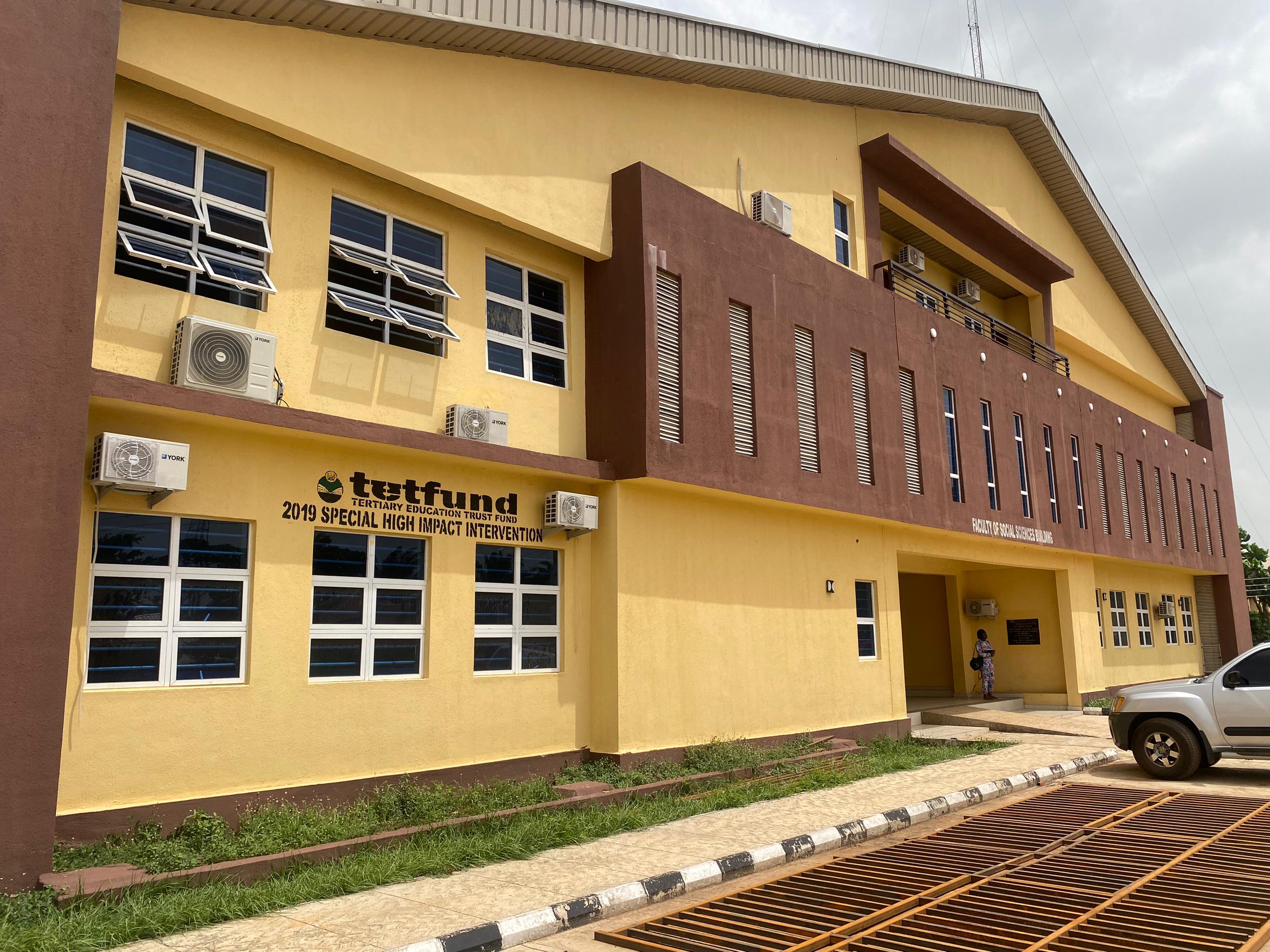
Esimone: What TETFund has done in terms of research is marvellous. You know the previous executive secretary, Professor Bogoro, came with the triple helix structure for research. That helped a lot because we started seeing the potential in universities that were lacking or hidden. When Architect Sonny Echono came on board, he didn’t jettison this. He advanced it. You know, I was telling you part of the ACADA vision I have is advancement; you look at what your predecessors have done and you build upon it. But in Nigeria, what is common is that people come and scatter and start again so we don’t gain anything. But Echono came and built on it.
Like the TETFund Centre of Excellence for Research, I can see that there is a deliberate effort to monitor, enhance, train, and develop and that is where Nigeria should go. I can also see that our national research funds have been upped. The amount has increased, and the number of recipients has also increased. The fund is evenly distributed. Of course, more proportion goes to STEM — science, technology, engineering and mathematics — which is understandable for a developing nation like us. I am impressed by what TETFund has done in terms of research and development.
Advertisement
TheCable: Can you name the projects your institution has benefitted from TETFund?
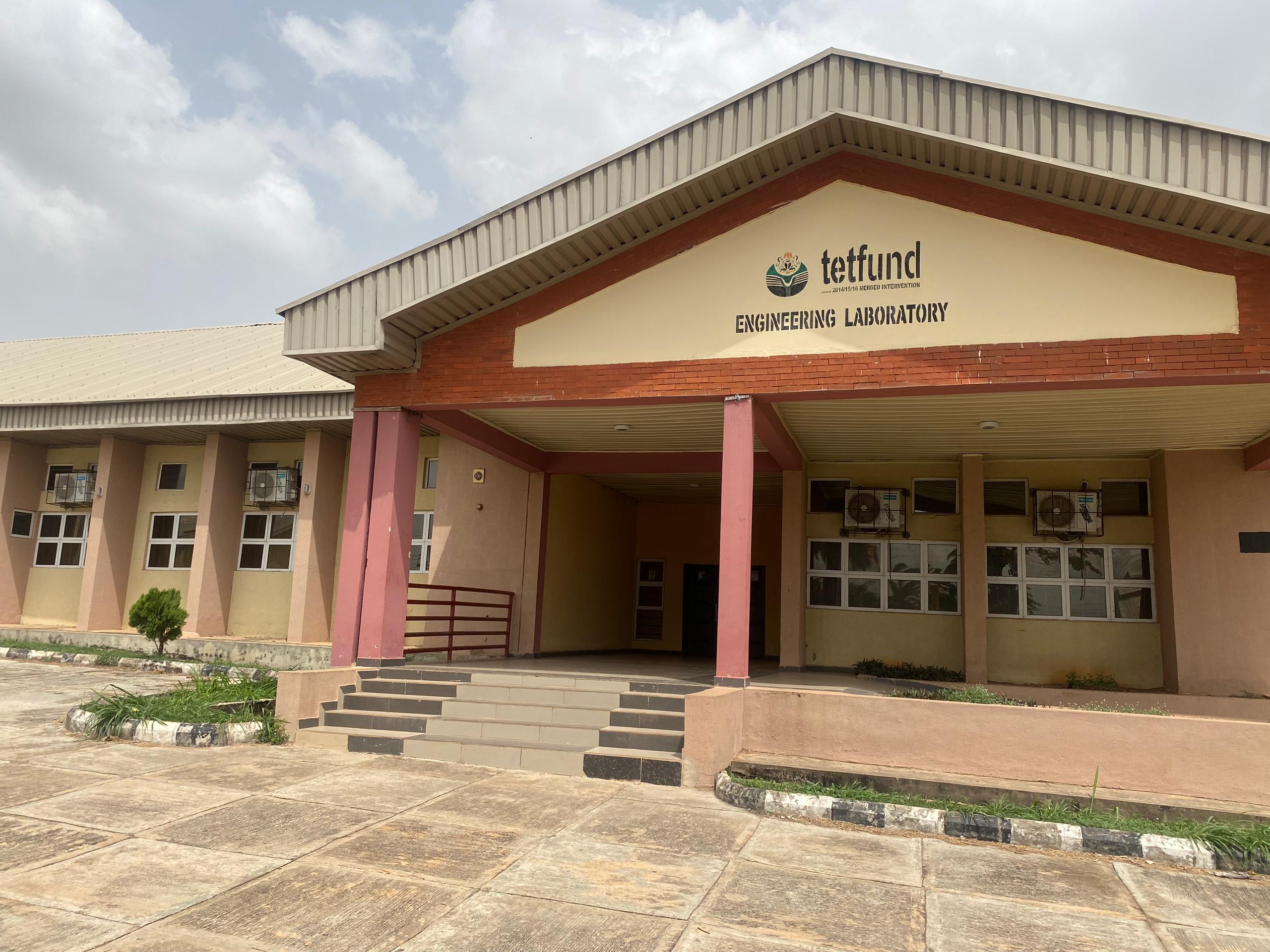
Esimone: They are many. Let me start with the faculty of social sciences. As a faculty, they never had any building of their own. They were just in the old building on the permanent site. But through TETFund, the faculty has a gigantic building. They also have a huge department of psychology building. The same thing goes for the faculty of education where all their buildings were scattered. The faculty of education has a big building now. They also have a Department of Vocational Technical Education (VTE) building. I so much like VTE. It is a middle-level manpower that we have lost in this nation.
Of course, our faculty of pharmaceutical sciences. We have two laboratories, giant ones, and office complexes. What we had before could not accommodate the growing population. We have for the first time a pharmaceutical microbiologist. I am a molecular biologist by training. But many times, we used to go abroad to do molecular research. However, through TETFund, we established a molecular research lab at the Nnewi campus.
We also got a special intervention for a urology research centre which is at the Nnewi campus of the teaching hospital where we do urology research. It is a wonderful place. But one that I so much cherish is that if you look at the entire Anambra state, we don’t have a zoo. Through TETFund, we have been able to have a zoo, even though we are trying to get a second intervention to complete it to make it standard.
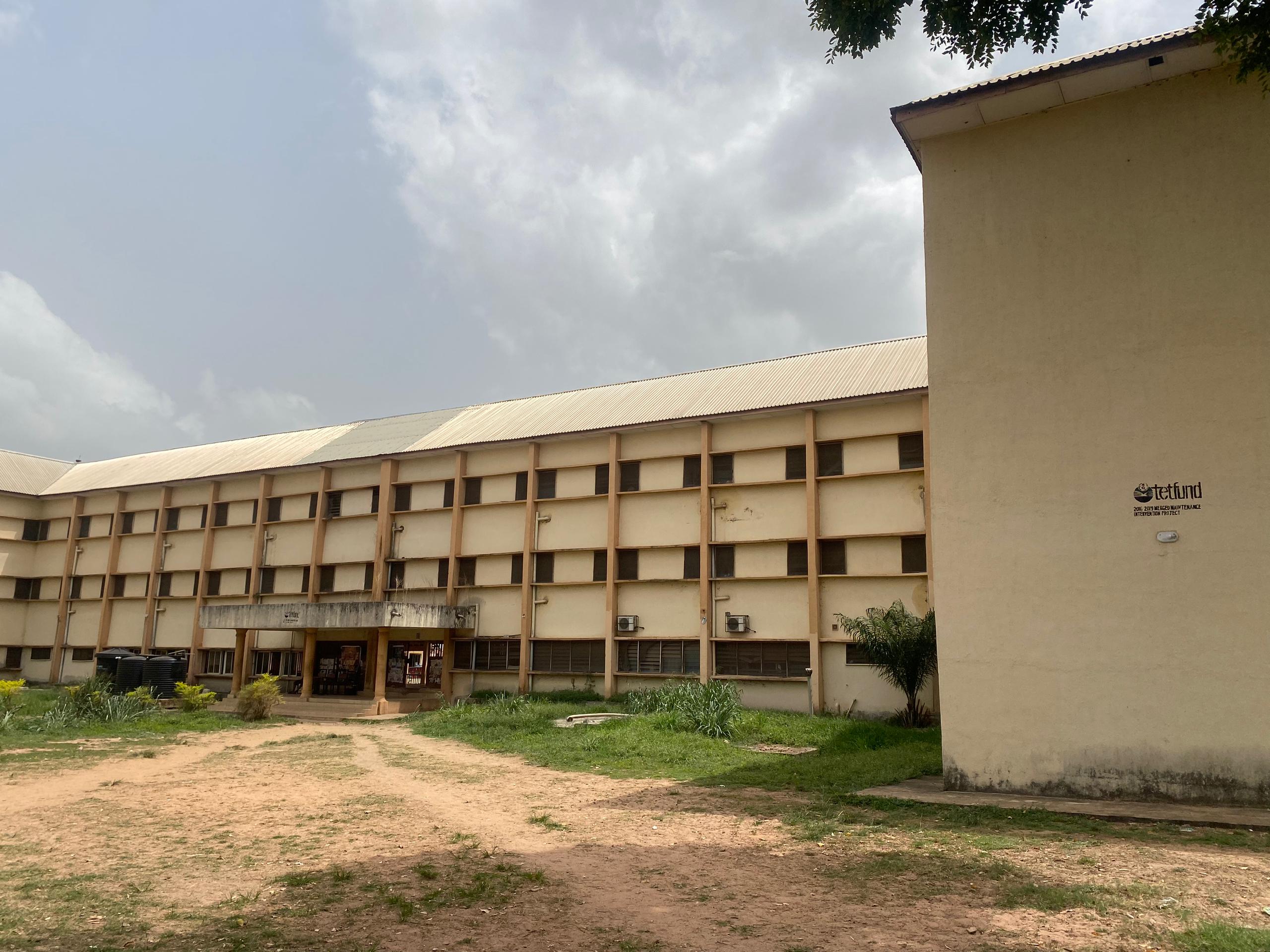
We got standard equipment for six laboratories and workshops for the faculty of engineering, the same thing with the department of music. The department was performing very well, but no equipment. Through TETFund, we were able to equip the department. They have a state-of-the-art department.
TETFund also gave us a hostel. We have a hostel that is about to come up now. Unfortunately, the contractor messed up and he ran away after some time. But I wrote to the fund and they gave me the authority to terminate the contract and then recover the funds. We are in the process of recovering the funds. But now we have re-awarded it. We are starting a hostel through TETFund. When you come around, you will see some of these projects and we are very happy about what the fund has done for us. We are ecstatic. There is a department of architecture. It is a special intervention from the fund. They just started work last month and we are happy that it is moving at a very fast pace. I want to commission the place before I leave. If you go to the Nnewi campus, there’s a laboratory that they doing for the first time.
For the past two and a half or three years, I will say that for many of the major projects we are running, the source is from TETFund. It is not just for me. I am sure it is for many other institutions. You know when students are not in session because of the strike, there is no source of extra funds that you can get to run anything. It is only what you are getting from the federal government for capital projects or TETFund. TETFund is the one that is consistent and very high. I have really benefitted from it in my tenure. We judiciously utilised all of the funds; the same thing with our ICT interventions.
TheCable: You assumed office with a vision and you have been able to achieve them to a great extent. How do you feel now that you are rounding up and what is your advice to your successor?
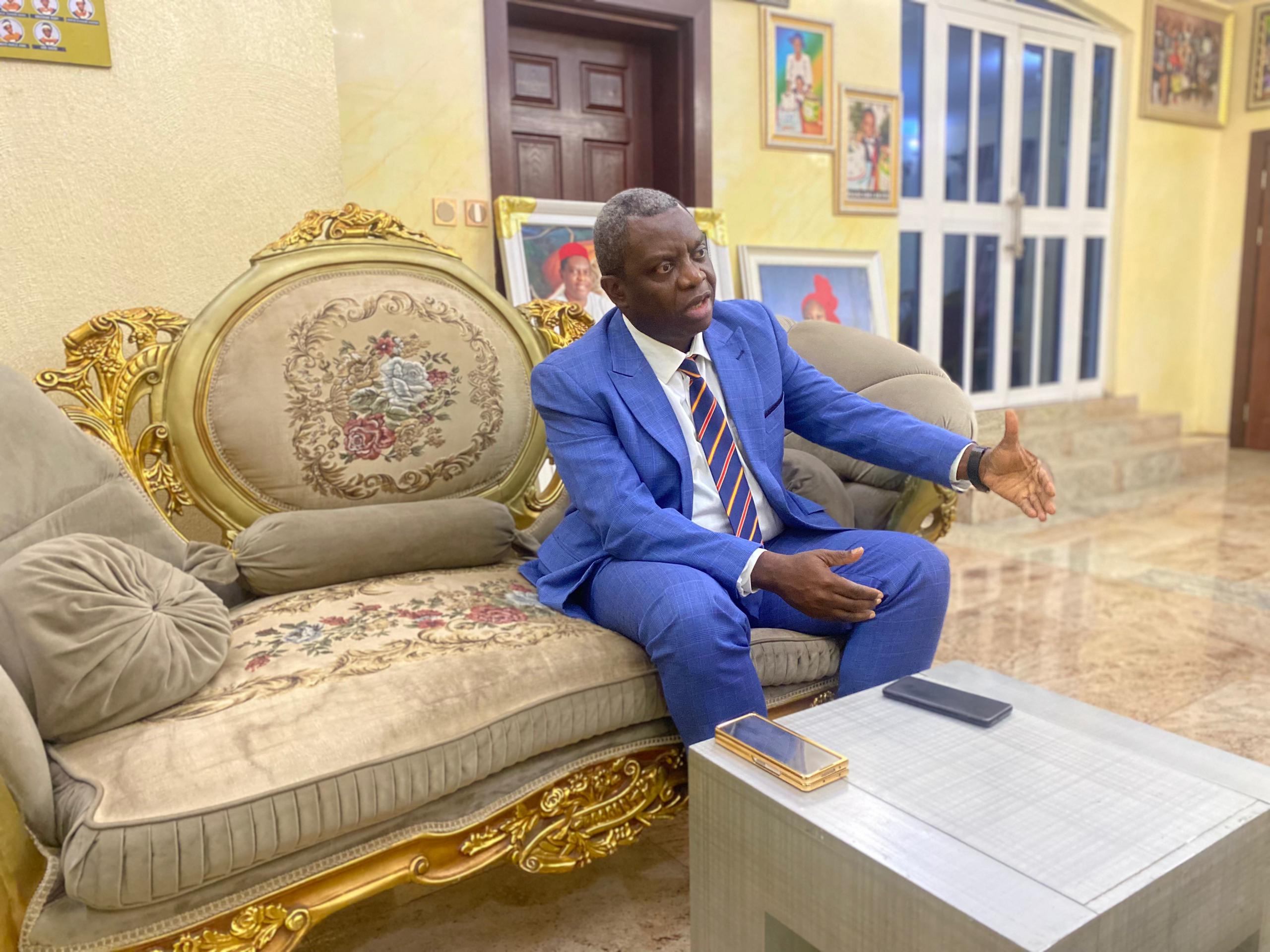
Esimone: I feel fulfilled. In February, we were at a function at the university, and one of the faculties was calling me. They had an international conference going on. I was in one and about two others were going on at the same time. I remarked and said you see how we have so much changed. People are now doing academic lectures; it was strange before. I asked them, how will you be in the university if you don’t deliver seminars? You can see all the different departments are organising seminars.
Then I look back also. I see discipline. I don’t come with a strong rod or hammer. But very softly, I insist that there must be discipline — whether it is sorting they call it or I hear about sexual harassment. First, I will suspend you and investigate, no compromise. It doesn’t matter who you are, whether you are a principal officer, dean, or head of department.
They call me the master of Project 200 but we have not reached 200 yet. We are still less than 1,500, about 1,300 globally. So, I hope my successor will be able to look at these yardsticks we have used and strengthen them further. There are areas where we could have done more but there was a paucity of funds. Funding is one of the major deterrents to good, ambitious projects. One of the things I did which I want him to do very well is to look beyond government or university and look for endowments. I ran the university like a businessman, I got endowments. BUA gave us N1 billion in projects. Run the university like a business, not waiting for what the government will do because the government’s hands are filled. They have a lot of problems; we understand.
We are getting endowments from private individuals, and corporate organisations, selling the university to them and that’s part of the funding that I said we have not utilised enough. I encourage him to do the same because if you are waiting for when they will pay fees or so, it will not work out. But for structures, for specific projects or things, you have to seek endowments.
I would have had more than this because of the hostels and housing schemes we wanted to do. But there are government policies that don’t work well with public-private partnerships that I wanted. If not for that, if you came here, you would not believe it because I already had lots of people, even power, who were coming here to partner. There is a policy that we came to know about that for public-private partnerships, you need to get approval from the Infrastructure Concessionary Regulatory Commission and then you get through that to the ministry and they will take you to FEC as the case may be.
TheCable: You are a professor of pharmaceutical microbiology. What do you think is the challenge that Nigeria is having in terms of manufacturing medicines and vaccines?
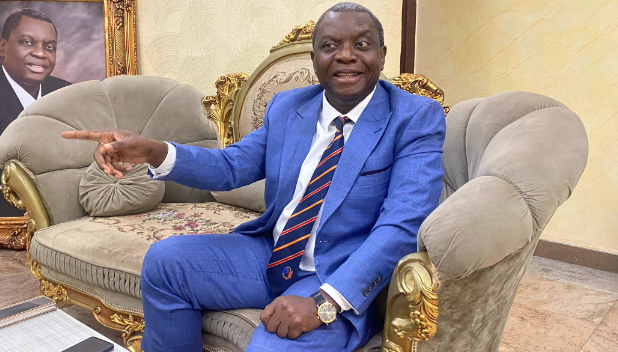
Esimone: It boils down to one of the things I mentioned before — basic infrastructure. We have the human capacity; I must tell you that. There are people in the country who, like me, are trained. I developed a vaccine in the US in 2007. There are many of us like that cut across the nation. The first thing is infrastructure. If there is no infrastructure, it will only be in your brain. Nigeria needs to develop the infrastructure.
I was privileged to be a member of the steering committee to evaluate claims for COVID-19 remedies. One of the first reports we sent to the honourable minister was that we don’t have an infrastructure with which we can authenticate that. Somebody tells you I have this herb; it is effective; it can cure COVID. But how do you authenticate it? We need a standard molecular research lab and this lab should be scattered all over. It should not just be one central place. It is not that expensive; we can have these labs.
We have a molecular research lab, courtesy of TETFund. So, we can evaluate some of these herbs. But our current problem is how do we get power? We tried to install solar the other time, but it was costly. Some freezers must be switched on 24 hours. Some incubators should be active 24 hours. How do you run them? We need that basic infrastructure. You need specific funding for those labs. Then, how do you replenish the reagents and the consumables that you need for those things?
The government should have a deliberate policy.
Add a comment

